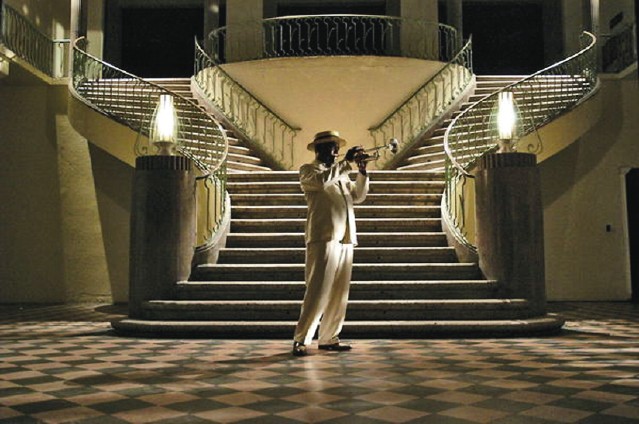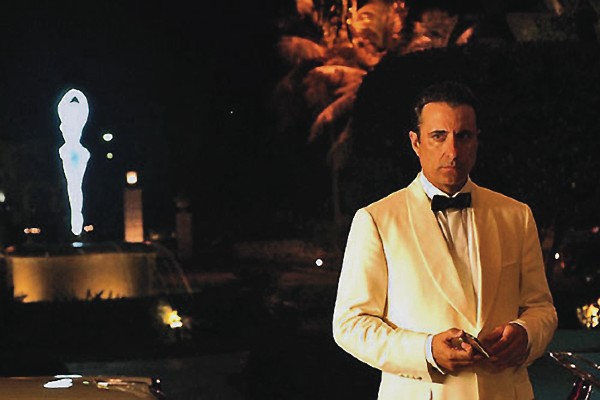The Lost City
Andy Garcia Assembles The World’s Biggest Love Letter To Pre-Revolutionary Cuba


look cool. The revolution is coming!
Latest Article|September 3, 2020|Free
::Making Grown Men Cry Since 1992


look cool. The revolution is coming!